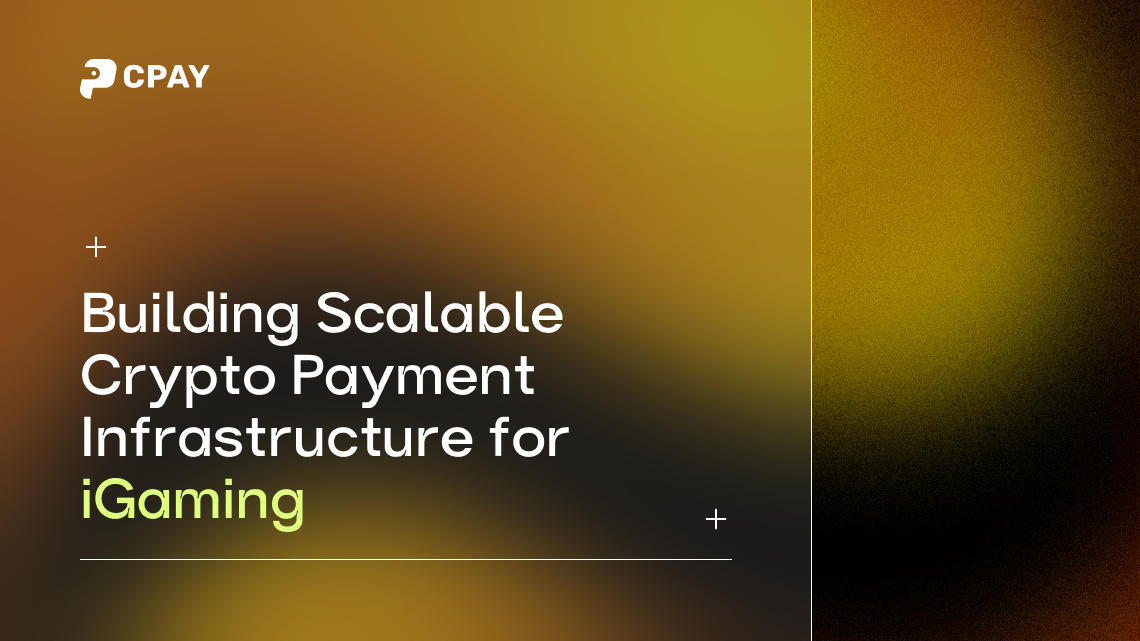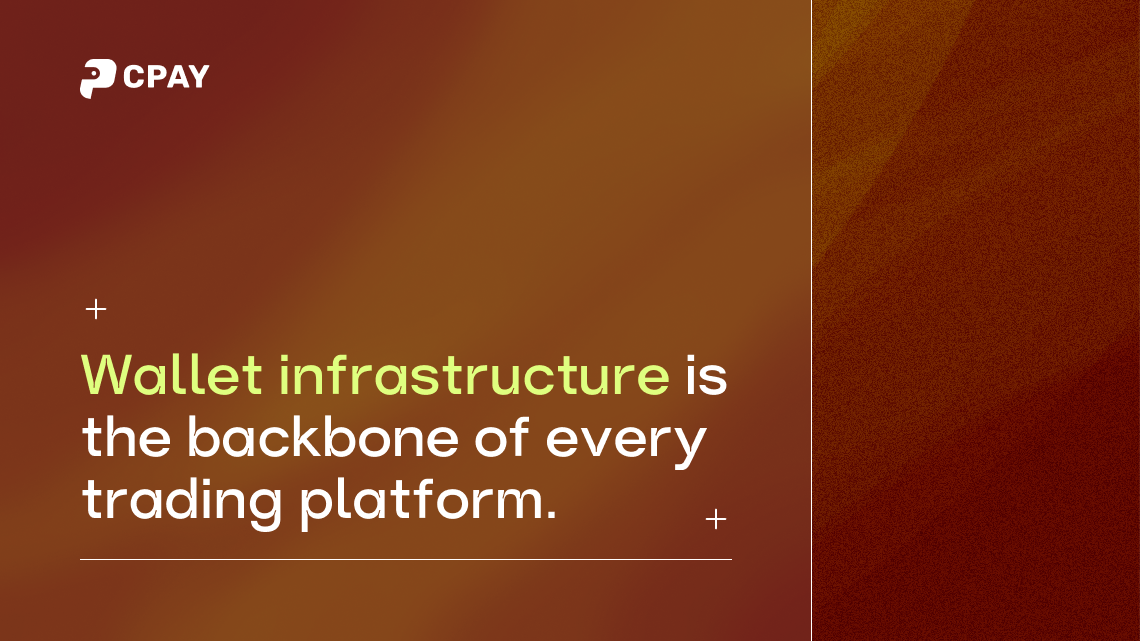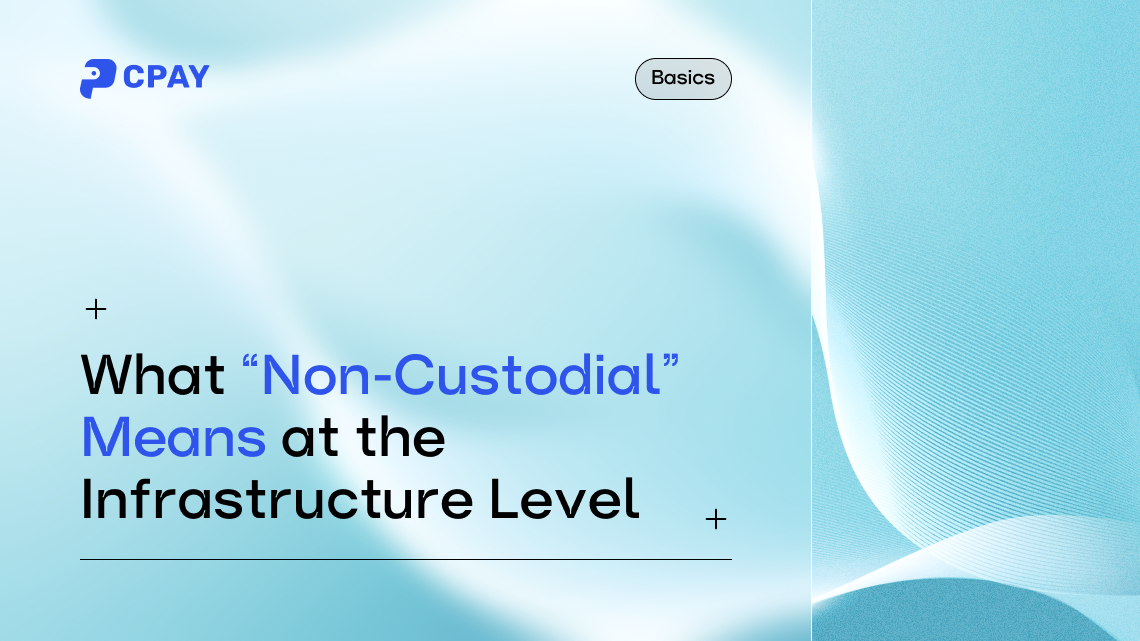Cryptocurrency is transforming payments in 2025, offering speed, security, and cost savings compared to traditional banking. However, blockchain transaction fees can impact profitability if not managed wisely. This article explores the cheapest blockchain networks for crypto payments in 2025 and showcases how CPAY’s payment platform (https://cpay.world/crypto-payments) helps businesses optimize costs with transparent, low-fee solutions.
The Importance of Low Fees in B2B Payments
Blockchain transaction fees, or "gas fees," are paid to miners or validators to process transactions. For B2B businesses handling frequent payments, cross-border transfers, or large transactions, high fees can erode margins. Low-cost blockchain networks improve profitability and make crypto a practical choice for industries like e-commerce, fintech, and logistics.
While selecting the right blockchain is key, businesses also need tools to manage payments efficiently. CPAY’s crypto payment gateway offers a transparent fee structure and real-time cost tracking, empowering firms to control expenses and streamline operations.
Cheapest Blockchain Networks for business in 2025
Here are four blockchain networks with the lowest transaction fees in 2025, ideal for business payments:
1. Solana
- Average Fee: ~$0.00025 (0.000005 SOL, based on a SOL price of ~$50 in 2025).
- Speed: Processes up to 65,000 transactions per second (TPS) with confirmation times under 1 second.
- Scalability: Supports millions of daily transactions, handling high volumes without congestion, ideal for DeFi, NFTs, and B2B payments.
2. TON
- Average Fee: ~$0.01 (based on low-cost sharded transactions, typically 0.01–0.03 TON Crystal).
- Speed: Up to 1,000,000 transactions per second (TPS) with sub-second confirmation times.
- Scalability: Supports 232 workchains, enabling millions of transactions daily with efficient cross-shard communication.
3. MATIC
- Average Fee: ~$0.005–$0.02, depending on network congestion and gas market dynamics.
- Speed: Processes up to 7,000 TPS with transaction finality in 2–4 seconds.
- Scalability: Enhances Ethereum’s throughput by offloading transactions to its PoS sidechain, supporting dApps, NFTs, and B2B payments with minimal costs.
4. BNB
- Average Fee: ~$0.04–$0.05, with fees paid in BNB (typically 3–5 gwei per transaction).
- Speed: Processes up to 2,200 TPS with block times of ~3 seconds.
- Scalability: Handles millions of daily transactions, supporting a robust DeFi ecosystem and high-volume B2B use cases.
5. ARBITRUM
- Average Fee: ~$0.02–$0.10, significantly lower than Ethereum mainnet, with fees paid in ETH or ARB.
- Speed: Processes up to 40,000 TPS with transaction finality in ~1–2 seconds.
- Scalability: Offloads Ethereum’s computation and storage, supporting high-throughput dApps and B2B payments with fees 3–100x lower than Ethereum L1.
CPAY: Transparent and Cost-Effective B2B Crypto Solutions
CPAY’s crypto payment platform (https://cpay.world/crypto-payments) is designed to simplify B2B cryptocurrency transactions while keeping costs low. Here’s how CPAY supports businesses:
Low and Transparent Fees
CPAY charges less than 1% on incoming payments, with no hidden costs. All transaction pricing details are displayed on the platform, enabling businesses to monitor expenses in real time. This transparency ensures accurate budgeting for B2B operations.
Real-Time Cost Tracking
CPAY’s dashboard provides clear insights into transaction costs. This visibility helps businesses optimize payment strategies and choose cost-effective options, enhancing financial efficiency.

Transparent visibility
CPAY provides clear and transparent information about every transaction, including the transaction hash for blockchain scanners. This allows businesses to track the exact status and location of their transactions on the blockchain in real time, ensuring full accountability and trust. Additionally, CPAY’s platform integrates with multiple blockchain networks, enabling seamless tracking across Solana, TON, Polygon, BNB Chain, and Arbitrum, with detailed logs for auditing and compliance.

Non-Custodial Wallets
CPAY’s non-custodial wallets give businesses full control over their funds, reducing third-party risks. This security is essential for B2B firms managing large or sensitive transactions.
Flexible Integration
CPAY offers API, iFrame, and link-based Checkouts, allowing seamless integration into e-commerce platforms, accounting systems, or custom workflows. This versatility supports industries like gaming, fintech, and retail.
Multi-Currency Support with Swaps
CPAY enables payments in multiple cryptocurrencies, including Bitcoin, Ethereum, and stablecoins like USDT. Built-in swaps allow businesses to convert crypto to manage volatility, ensuring stable cash flows for B2B transactions.
Trusted and Secure
With over 4 million secure transactions and partnerships with 50+ businesses worldwide, CPAY is trusted in e-commerce, gaming, and fintech. Its multi-layer security (2FA, private key encryption) and 24/7 multilingual support ensure a reliable experience.
Strategies to Reduce B2B Crypto Costs
To save on crypto payments:
- Adopt Layer-2 Solutions: Use networks like Arbitrum for high-fee blockchains like Ethereum to lower costs.
- Time Transactions Strategically: Process payments during low-congestion periods to avoid fee spikes.
- Leverage CPAY’s Automation: Use CPAY’s API to automate high-volume payments, reducing errors and saving time.
Conclusion
In 2025, blockchain networks like Solana, TON, Polygon, BNB Chain, and Arbitrum offer B2B businesses low-cost payment solutions, with fees ranging from $0.00025 to $0.20. CPAY’s crypto payment platform complements these opportunities with transparent fees under 1%, real-time cost tracking, and robust B2B features. Ready to optimize your payments?
Visit https://cpay.world/crypto-payments to explore CPAY’s solutions and start saving today.








